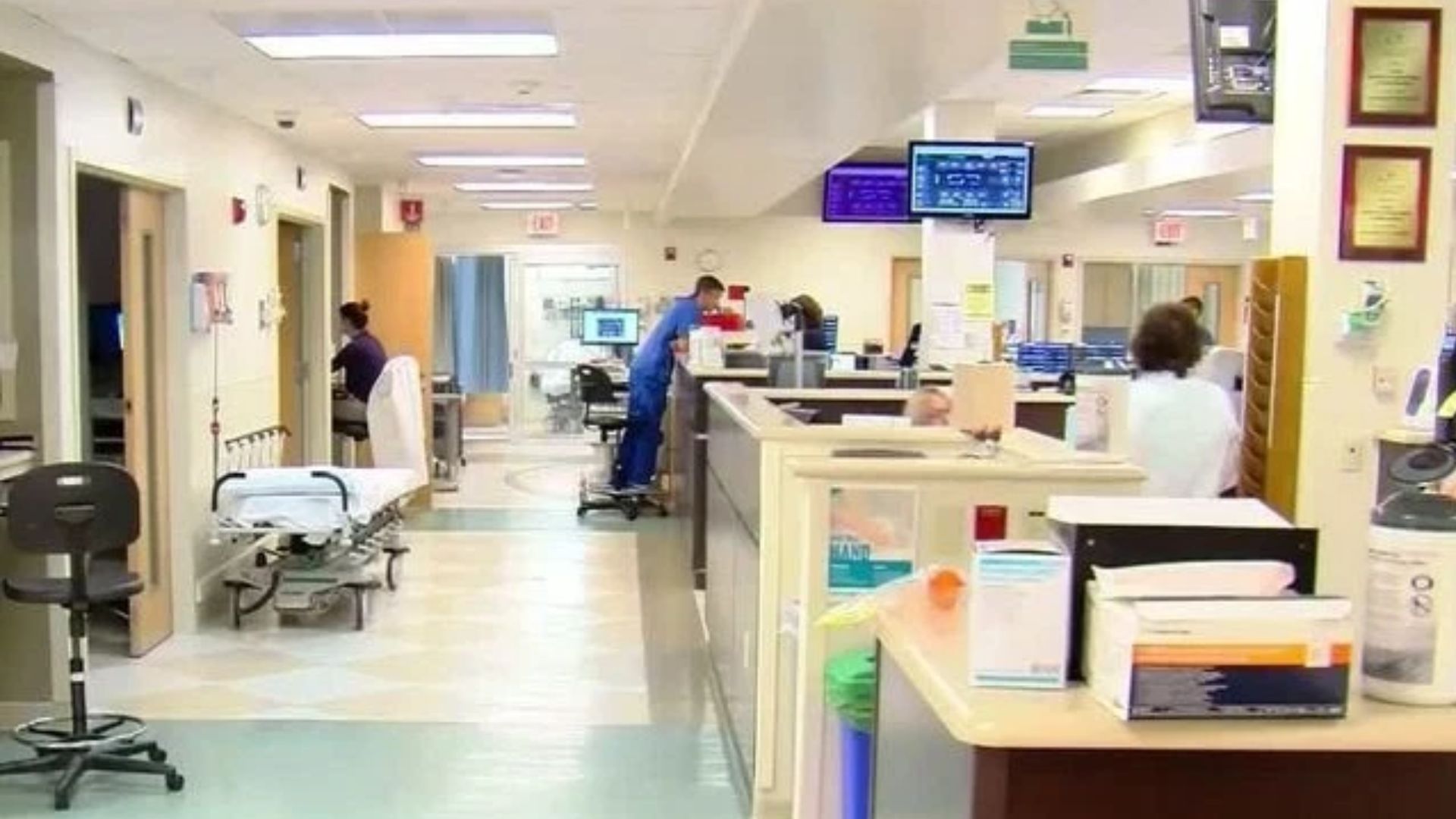Little Rock, Arkansas – Governor Sarah Huckabee Sanders announced on Friday, October 31, that Arkansas has formally submitted its application for funding from the Rural Health Transformation Program, a new federal initiative designed to strengthen healthcare access in rural communities. The submission, prepared in collaboration with the Arkansas Department of Finance and Administration (DFA), marks a critical step in the state’s efforts to expand healthcare services and improve public health outcomes across Arkansas.
The Rural Health Transformation Program, established under President Donald J. Trump’s One, Big, Beautiful Bill, will allocate a total of $50 billion over five years to states to enhance healthcare infrastructure, workforce development, and preventative care in rural areas. The Centers for Medicare and Medicaid Services (CMS) will determine each state’s funding allocation by December 31, and the first disbursement to Arkansas is expected in early 2026. Funding amounts may vary depending on CMS evaluations and the proposals submitted.
“Improving the health and well-being of all Arkansans is a top priority for my administration,” said Governor Sanders. “Thanks to President Trump and his One, Big, Beautiful Bill, the Rural Health Transformation Program will allow us to build on all we have done so far, like investing in maternal health, combatting food insecurity, and promoting better health and nutrition statewide. This funding will not only help us increase access to care but will also reduce inefficiencies throughout the healthcare system, ultimately benefitting Arkansans in smaller communities across the state.”
The Arkansas DFA, under Secretary Jim Hudson, played a central role in developing the application. “With a focus on education, prevention and access to care, this program will change the health of generations of Arkansans,” Hudson said. “I am thankful for Governor Sanders’ leadership and vision in shaping the application. I also want to acknowledge the significant work by ADH Secretary Renee Mallory, DHS Secretary Janet Mann, Dr. Ted Brown, Director of the State Crime Lab, and Arkansas’ Surgeon General, Dr. Kay Chandler in preparing the application. Their expertise in healthcare made this application reflect the unique needs of our state.”
To ensure the application addressed the state’s specific challenges, Arkansas incorporated input from a wide range of stakeholders, including physicians, nurses, pharmacists, hospitals, higher education institutions, community organizations, and local non-profits. Governor Sanders also launched an online portal that received over 300 submissions suggesting potential uses of the funding. Members of the Arkansas General Assembly provided feedback as well, ensuring that the final proposal reflected both professional expertise and community priorities.
The state’s application is organized around four key initiatives, each designed to address critical aspects of rural healthcare:
• HEART (Healthy Eating, Active Recreation, and Transformation) focuses on improving preventative care, nutrition, physical activity, and chronic disease management through a coordinated, community-driven approach.
• PACT (Promoting Access Coordination and Transformation) seeks to integrate specialty care, preventative screenings, telehealth services, and trauma-ready facilities into rural areas, creating clinically integrated networks for data sharing and regional collaboration.
• RISE AR (Recruitment Innovation Skills and Education for Arkansas) aims to strengthen the rural healthcare workforce by expanding physician residencies, offering recruitment incentives, and providing leadership training for hospital and clinic administrators.
• THRIVE (Telehealth Health Monitoring and Response Innovation for Vital Expansion) will leverage AI technologies for coordinated patient records, telehealth platforms, chronic disease monitoring, and modernization of emergency medical services.
Each initiative incorporates evidence-based prevention programs, data collection, and analytics, ensuring measurable outcomes and the continuous improvement of healthcare services in rural communities. By combining technology with targeted public health strategies, Arkansas aims to create a sustainable model for improving healthcare access statewide.
Read also: Security camera footage leads to arrest of suspect in multiple house fires in North Little Rock
Governor Sanders has previously implemented several health-focused initiatives that complement the Rural Health Transformation Program. These include the Healthy Moms, Healthy Babies Act, which allocated $45 million to maternal health, and SB59, mandating free school breakfasts for all Arkansas students regardless of eligibility. Additionally, the governor launched a farm-to-school pilot program to provide fresh produce to students, banned taxpayer-funded soft drinks and candy from food assistance programs, and encouraged outdoor recreation through the Natural State Initiative to promote healthier lifestyles for children.
The Rural Health Transformation Program represents a continuation of these efforts, providing funding that can expand access, enhance preventative care, and improve health outcomes for generations of Arkansans living in smaller communities. By prioritizing technology, workforce development, and community-driven healthcare solutions, Arkansas hopes to become a model for rural healthcare innovation.
Arkansas’ full application to CMS is publicly available for review, and additional information on the Rural Health Transformation Program can be found on the CMS website. With Governor Sanders’ leadership, state agencies’ collaboration, and community engagement, Arkansas is positioning itself to maximize the impact of this federal funding and transform rural healthcare for the future.
This initiative underscores a broader commitment to addressing disparities in healthcare access, improving preventive services, and ensuring that residents of rural Arkansas receive the care and resources they need to thrive. If successful, the program will not only enhance the health of Arkansans but also serve as a blueprint for other states looking to strengthen rural healthcare infrastructure and outcomes.



















